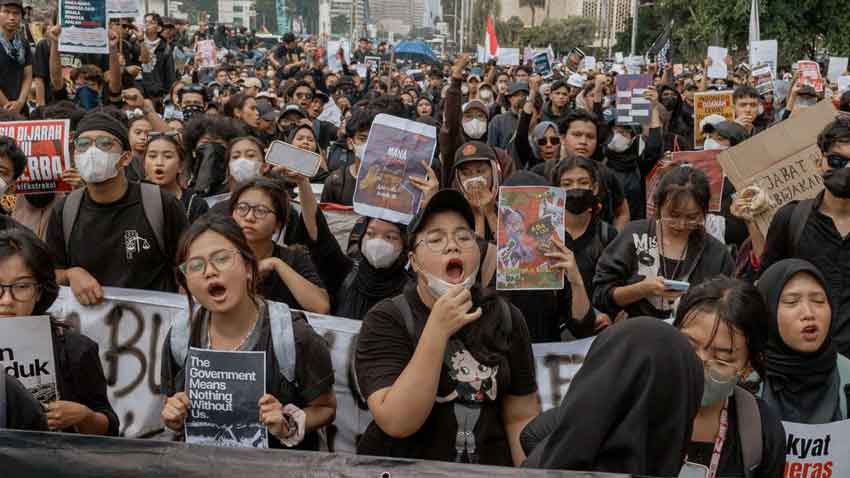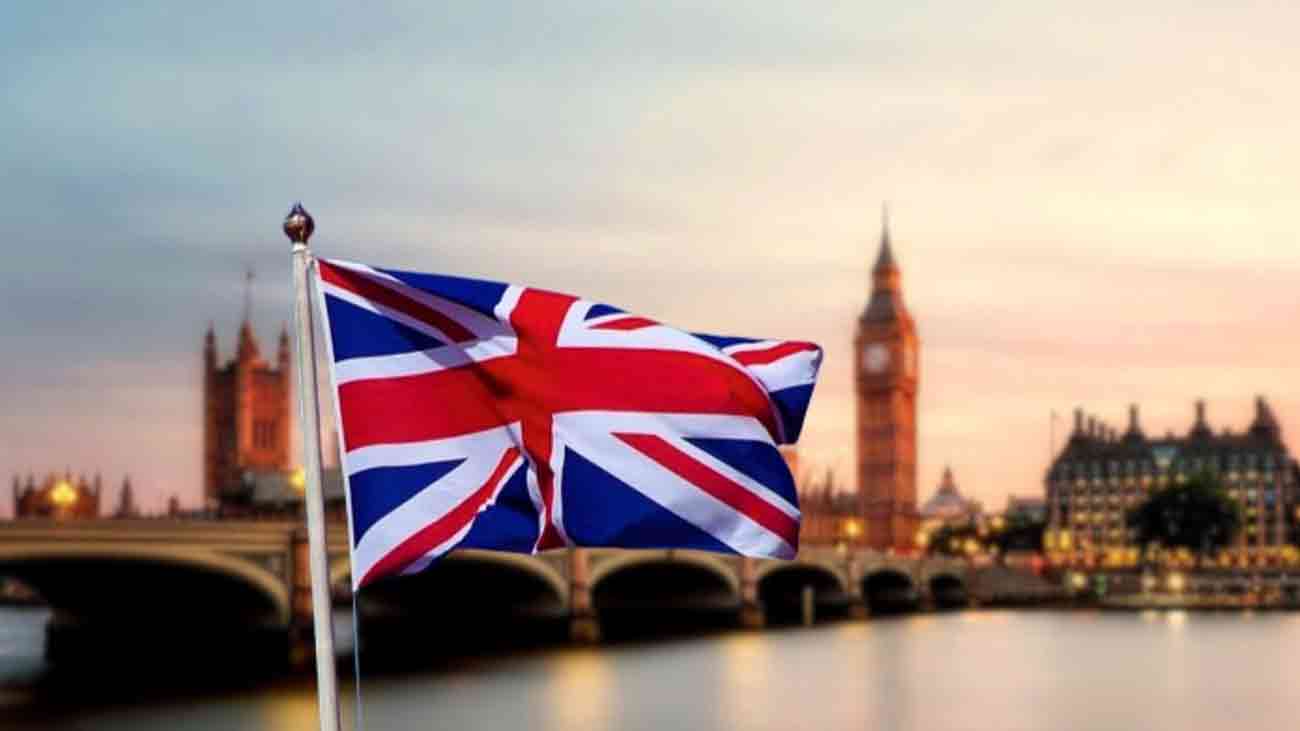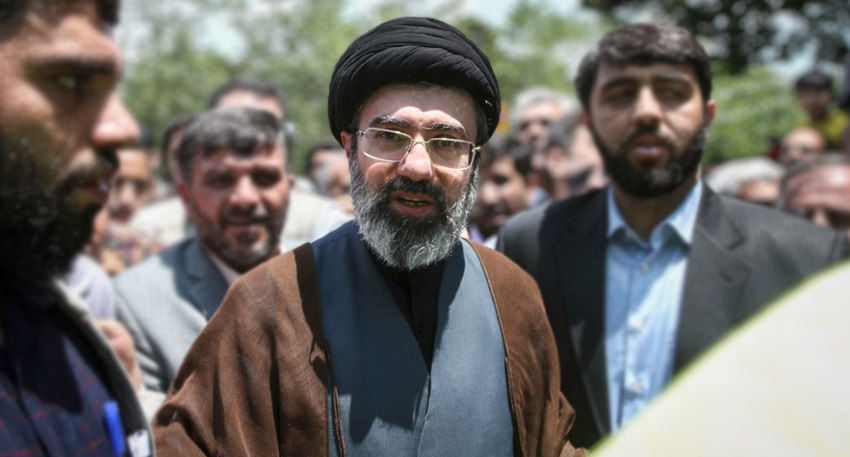
Protests began a week ago against the government s spending priorities, such as enhanced perks for lawmakers, and escalated into rioting and looting after a police vehicle hit and killed a motorcycle taxi driver.
The homes of political party members, including the finance minister, were looted and state buildings ransacked or set ablaze, in the biggest challenge to President Prabowo Subianto s government since he took office nearly a year ago.
On Sunday, Prabowo announced a cut in lawmakers perks - a major concession to protesters - but warned that security forces would act firmly to control law and order. The heavy presence of military-led security led some organisers to postpone gatherings in Jakarta.
However, groups of student protesters gathered in Jakarta as well as in Indonesia s cultural hub of Yogyakarta, and the cities of Bandung and Makassar, the site of the weekend s worst violence, in which at least four people were killed in arson and mob violence.
The gathering in Makassar, on Sulawesi island, was close to the local parliamentary building that was set ablaze on Friday.
"The President s statement yesterday did not accommodate demands from students and civil society," said the leader of a student group from Makassar State University.
The leader, Syamry, who only goes by one name, said students also had other, deeper demands, such as comprehensive police reform.
Prabowo also struck a defiant tone in the face of protesters anger against police, announcing he would promote 40 police personnel injured during the violence.
"There might be police members who were wrong... But don t forget dozens of officers who sacrificed themselves," Prabowo said on Monday on a visit to a hospital treating injured police.
In Bandung, protesters burnt tyres, while in Ternate, in nickel-rich North Maluku province, police fired teargas to disperse protesters trying to break into the local parliament, local media reported.
Read more: Indonesia on fire: Why protesters are setting parliament buildings ablaze
AVOIDING ESCALATION
Earlier, students and civil society groups had called off protests in the capital, Jakarta, citing stifling security.
The Alliance of Indonesian Women, a coalition of women-led civil society groups, said it had delayed planned protests at the parliament to avoid any crackdown by authorities.
"The delay is done to avoid increased violent escalation by authorities ... the delay takes place until the situations calm down," the group said in an Instagram post.
One umbrella group of student unions also delayed a protest saying the decision was "due to very impossible conditions".
Army patrols could be seen on Jakarta s main roads on Monday. Traffic was thin with many businesses allowing work from home and schools holding classes online.
Jakarta s police chief said over 1,200 protesters had been detained, while Governor Pramono Anung gave a figure of more than 700 people injured in the capital, with infrastructure damage worth $3.4 million in last week s protests in Jakarta.
Eight people have died in the protests, chief economic minister Airlangga Hartarto said on Monday.
ECONOMIC IMPACT
The protests and violence have unsettled financial markets, with the stock market falling more than 3% in opening trades on Monday, before recovering some ground.
Hartarto said the economy was fundamentally solid and would get a boost from a planned incentive package.
Ratings agency S&P said in a note on Indonesia on Monday that the protests are unlikely to escalate to a degree that will undermine political stability, even as it warned of policy adjustments that add fiscal burden.
"One potential result is an increase on social spending to boost support for middle- and lower-income groups," the note read. "That in turn could lead to a higher fiscal deficit of close to the legal limit of 3% of GDP."
Indonesia s international bonds showed signs of strain on Monday, easing as much as 0.6 cents, with a number of maturities trading at their lowest in about a month following several days of declines, Tradeweb data showed.




